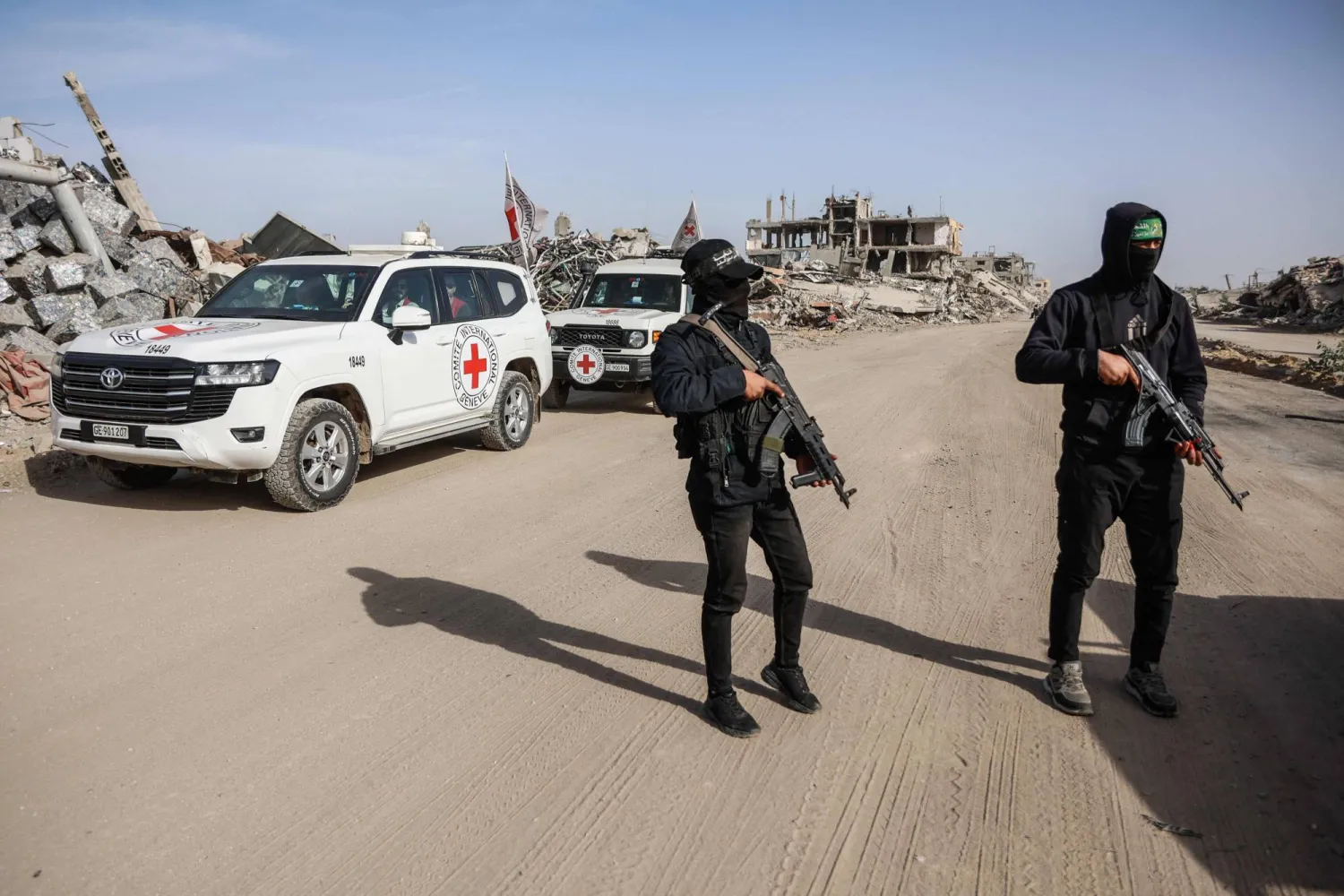A new political dilemma has been added to Lebanon’s complicated political file over the controversial detention of Archbishop of the Archeparchy of Haifa and the Holy Land and Patriarchal Exarch of Jerusalem and Palestine Moussa Al-Hajj earlier this week.
The Archbishop was detained and interrogated over reported “violation of the law of boycotting Israel, and aiding Lebanese agents residing in the Hebrew state.”
The Maronite Bishops issued a sharp statement condemning Hajj's detention and demanding the dismissal of Acting State Commissioner to Military Court Judge Fadi Akiki, who is managing the investigation file with Hajj.
Hajj faces accusations of “money laundering and bringing Israeli money and products into Lebanon.”
The incident has drawn wide condemnations from Christian political and religious figures.
Prime Minister-designate Najib Mikati held an urgent meeting on Thursday with caretaker Justice Minister Henri Khoury, Head of the Higher Judicial Council Judge Suhail Abboud, and Public Prosecutor Judge Ghassan Oweidat to address the matter.
Hajj, in his capacity as the Archbishop of the Archeparchy of Haifa and the Holy Land and Patriarchal Exarch of Jerusalem and Palestine and Jordan, is allowed along with other Christian religious figures, to cross Lebanon's southern border and enter Israel, unlike regular Lebanese citizens.
Lebanon is technically in a state of war with Israel.
The caretaker justice minister asked the related judicial parties to brief him on the developments regarding the interrogations with the Archbishop.
The move of Khoury, who is close to President Michel Aoun, was described as a “political investment” to defend the latter in the Christian street.
Sources at the justice ministry told Asharq Al-Awsat that Khoury “wants to be aware of all the judicial data about the Bishop’s file,” in order to have clear answers for all the questions posed by the Maronite Patriarch Beshara el-Rahi shall the two meet.
After a meeting with Akiki, Oweidat told Asharq Al-Awsat: “There is no political background to the measures that accompanied the return of Archbishop Moussa Al-Hajj to Lebanon. The government commissioner applied the law with regard to the money, medicines, and products that were seized with the bishop, regardless of their humanitarian background.”
According to sources informed on the investigations, a large quantity of Israeli goods and medicines in addition to the sum of money were confiscated from Hajj on his return from Israel.
Earlier this week, Hajj was questioned for 12 hours upon his return from Israel. He was summoned on Wednesday by the military court for further questioning.
Sources close to Akiki told Asharq Al-Awsat that “the funds confiscated are not owned by Archbishop Hajj or the church, but they are rather for collaborators residing in the occupied land.”
He said bringing money and products from Israel to Lebanon “is subject to the boycott of Israel law, which is punishable by hard labor from three to ten years."









